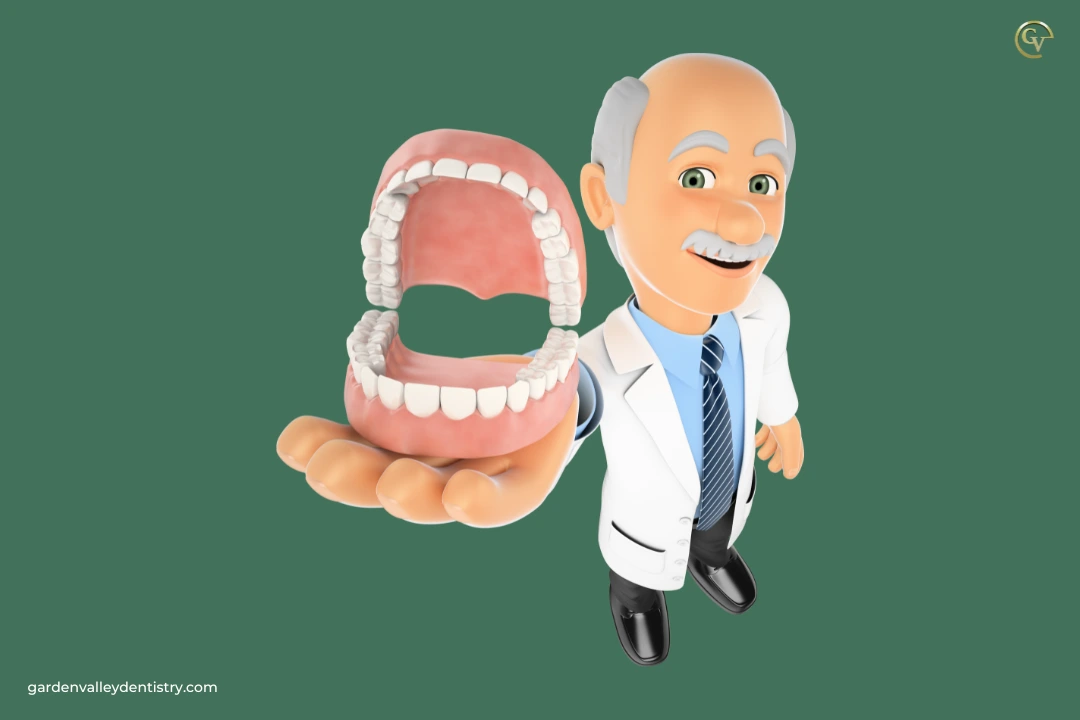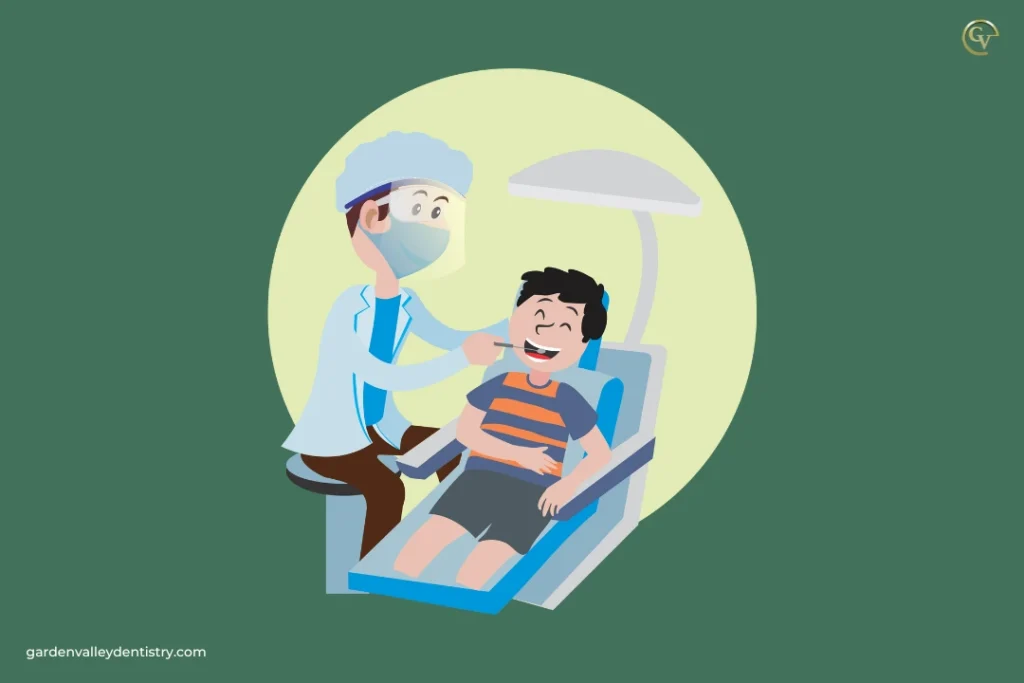
20 Sep Choosing the Right Oral Surgery Associates for Your Needs
Oral Surgery Associates What Do They Do?
Oral Surgery Associates perform dental oral surgery to treat problems with the mouth, jaws, and face. They handle tasks like removing impacted teeth, fixing jaw issues, and treating injuries or diseases in the oral area. Their goal is to restore function and improve appearance, often working with other healthcare providers to ensure the best care

How To Become Oral Surgery Associates
To become an oral surgeon, you first need a bachelor’s degree, often in a science field, followed by dental school to become a licensed dentist. After earning your dental degree, you must complete a specialized residency program in oral and maxillofacial surgery, which usually lasts four to six years and provides extensive hands-on training. Once you finish your residency, you need to pass board exams to become certified in oral and maxillofacial surgery. Additionally, you must stay current with ongoing education and renew your license periodically.
So How Do You Choose The Right Oral Surgery Associates For Your Needs
Selecting the best oral surgeon for your needs is significant for having a favorable outcome for oral surgery. Choosing the correct oral surgery colleague might be very important regardless of the treatment you’re having done—a straightforward tooth extraction or something more involved like jaw surgery. This article will assist you with the selecting process by going over important things to think about.

Consider Their Experience and Licenses
An oral surgeon should have a strong educational background, such as having finished dentistry school and an oral and maxillofacial surgery residency. Your oral surgeon’s qualifications and experience are foundational to their ability to perform successful surgeries. You have to look for credentials, training, and years of practice to gauge their expertise.
A surgeon’s proficiency can be strongly inferred from their certification by the American Board of Oral and Maxillofacial Surgery (ABOMS). It also helps to have experience with the particular procedures that are relevant to you. If you require dental implants, for instance, look for a surgeon with experience in implant surgery and a successful placement history.
Practical Tip: Ask about the surgeon’s experience performing the particular surgery you desire during your consultation. For example, find out how many comparable procedures they complete each year and ask to see before and after pictures of prior patients.
Assess their Reviews and Reputation
Reviews and referrals from patients can give important information about a surgeon’s reputation and practice. High ratings and favorable comments are frequent signs of a trustworthy and knowledgeable professional Oral Surgery Associates.
The surgeon’s strong points and areas for development can be seen in patient reviews on websites such as Yelp, Google Reviews, and Healthgrades. Ask them about their opinions regarding the facility’s atmosphere, patient care, and technical expertise. Referrals from close friends, relatives, or your general dentist are also a great source of personal recommendations. You can also use “oral surgery near me” when searching for an oral surgeon.
Practical Tip: Use a combination of online reviews and personal recommendations to get a well-rounded view of the surgeon’s reputation.You need to pay attention to consistent themes in the feedback, such as mentions of a caring bedside manner or a high success rate.

Check out their Facilities and Technology
The level of accuracy and comfort of your procedure may be influenced by the facilities and technology used by the oral surgery clinic. A clean, well-maintained atmosphere and cutting-edge equipment makes patients an outstanding surgical experience.
Modern oral surgery practices should use up-to-date technology such as digital imaging, 3D scanning, and laser systems. These tools can enhance diagnostic accuracy and surgical outcomes. Moreover, a clean and well-organized facility is very important for patient safety and comfort.
Practical Tip: Observe the technologies in use at the workplace during your visit. Find out what kinds of imaging and surgical instruments are used, and confirm that the facility follows all safety and hygienic guidelines
Evaluate Communication and Comfort
An effective communication of information with your oral surgeon is key to a positive surgical result. Select a surgeon who puts you at ease, pays attention to your worries, and lays out all of your available options for care.
It’s important to evaluate the surgeon’s communication skills during the first consultation. They should take the time to go over the process with you, respond to your inquiries, and ease any worries you might have. Your fear might be reduced and trust can be established with a surgeon who listens to you and gives precise details.
Practical Tip: Prepare a list of questions for your consultation to ensure you cover all important aspects of the procedure. Observe how the surgeon responds to your questions and whether they make an effort to address your concerns.

Always Consider Location and Availability
The convenience of your surgical journey may depend on the location of the oral surgery practice and the availability of the surgeon. Select a clinic that can accommodate your needs for schedule flexibility and transportation.
If you require frequent visits, the practice’s accessibility to your place of employment or residence may be essential as well. Think about whether the office has flexible hours to fit your schedule or provides emergency care.
Practical Tip: Browse a map to determine the office’s location and calculate travel time. Find out when they are available for regular and emergency circumstances, as well as their office hours.
Review Cost and Insurance Options
Managing the financial side of your oral surgery requires knowing what to expect financially and confirming insurance coverage. Financial burdens can be lower by open pricing and flexible payment plans.
Get an in-depth breakdown of all the expenses concerning your treatment, including any extra charges. Check to see if the office takes your insurance and if financing or payment plans are available.
Practical Tip: To find out if the operation is covered by your insurance and to talk about possible out-of-pocket expenses, contact your provider. Choose a practice that best suits your budget by comparing the financial possibilities offered by various providers.

Conclusion
Choosing the right oral surgery associate involves careful consideration of several key factors. By evaluating qualifications, reputation, technology, communication, location, and costs, you can make an informed decision that aligns with your needs and preferences.
Understanding each aspect of this process will not only help you find a skilled and reliable surgeon but also ensure a smoother and more comfortable surgical experience. Don’t hesitate to ask questions, seek recommendations, and do thorough research to make the best choice for your oral health.
If you need further guidance or have specific questions about your upcoming procedure, reach out to potential surgeons or your general dentist for additional insights. Your health and comfort are paramount, and taking the time to choose the right professional can make all the difference.

Sorry, the comment form is closed at this time.